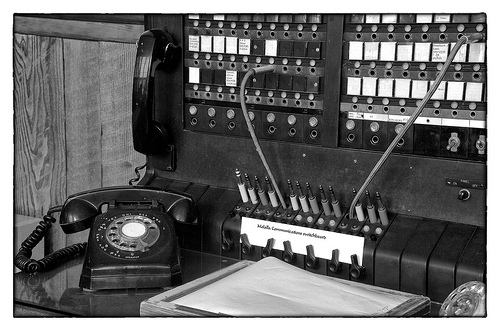
Treating your customers with respect is a no-brainer, but do generic titles fit that picture? Addressing customers with titles like Sir, Ma’am, Mister and Miss used to be considered polite, but these days, such titles are likely to cause trouble for your business. Here are a few reasons to skip them:
A title might alienate your customer.
When’s the last time you heard this: “The grocery store clerk called me ‘Ma’am.’ Isn’t that nice?” It’s much more likely that “Ma’am” is viewed as a synonym for “old woman,” or worse, “old, annoying woman,” and that is an impression that you definitely don’t want to make on a potential client. “Sir” can have a similar Hey, old guy! ring to it, while “Miss” can come off as condescending. Bottom line: Generic titles can lead to very negative reactions.
You might pick the wrong title.
Say you’re chatting on the phone with a potential client, Terry Lennox. Terry’s very interested in your business, and seems like an ideal client. Terry’s voice also happens to be a bit high pitched. Your closing comment, “I look forward to working with you, Ms. Lennox!” is a deal-breaker — “It’s Mister Lennox.” Ouch! Making the wrong assumption about someone’s gender is very difficult gaffe to overcome. It’s best not to guess at all. Maybe Terry Lennox goes by Dr. Lennox or Professor Lennox or Rapmaster Lennox — you may never find out. But one thing you do know is Terry’s first name. Stick with that!
What’s in a name? Plenty!
People love hearing their names, and addressing a potential client by name is a great way to connect and show you’re listening. Always follow your customer’s lead, and refer to customers as they refer to themselves. Once you know a customer’s name, look for an opportunity to say it. Try repeating it back and showing your appreciation right away: “Thank you, Dave!” And always introduce yourself — it encourages customers to share their names, and helps them feel more connected to you and your company.



